Insights & Inspiration from Kansas City’s Landscaping Experts
Welcome to the Embassy Landscape Group blog—your go-to resource for all things outdoor design, sustainable landscaping, and expert lawn care.
Whether you manage a commercial property or want to elevate your residential landscape, we share practical tips, design trends, seasonal advice, and behind-the-scenes stories from one of the top landscaping companies in Kansas City.
Topics we cover include:
- Commercial & residential landscape design
- Estate and property management
- Sustainable landscaping solutions
- Water management & smart irrigation
- Seasonal plantings, snow prep, and more
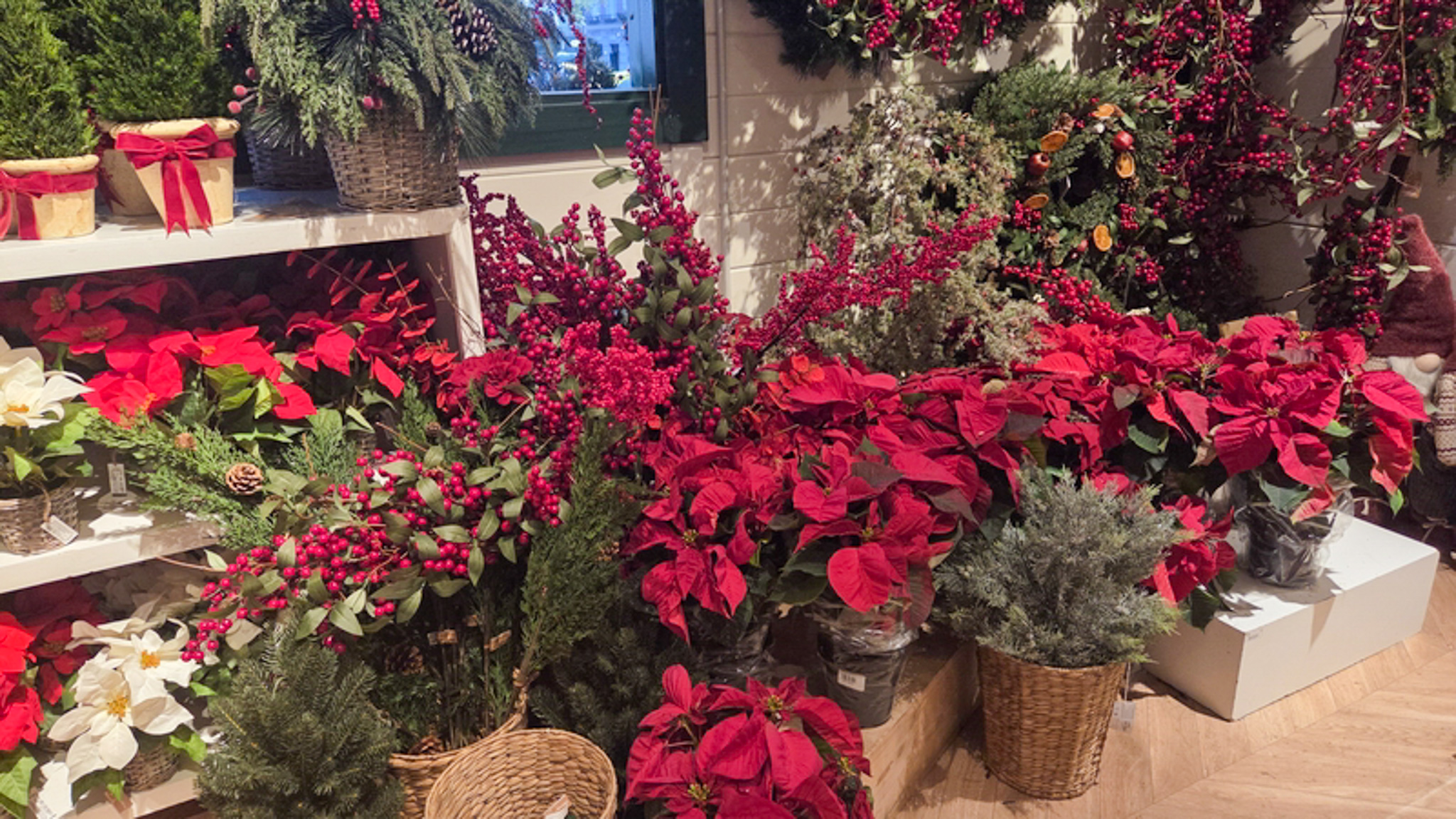
Don’t get me wrong, I absolutely love both poinsettias and holiday cactus; it just wouldn’t be a festive holiday season without them adorning my mantel. But this year I decided it was time to bring some variety to my decorating life. After a lot of serious in-store study, these are the two plants I brought […]
read the post
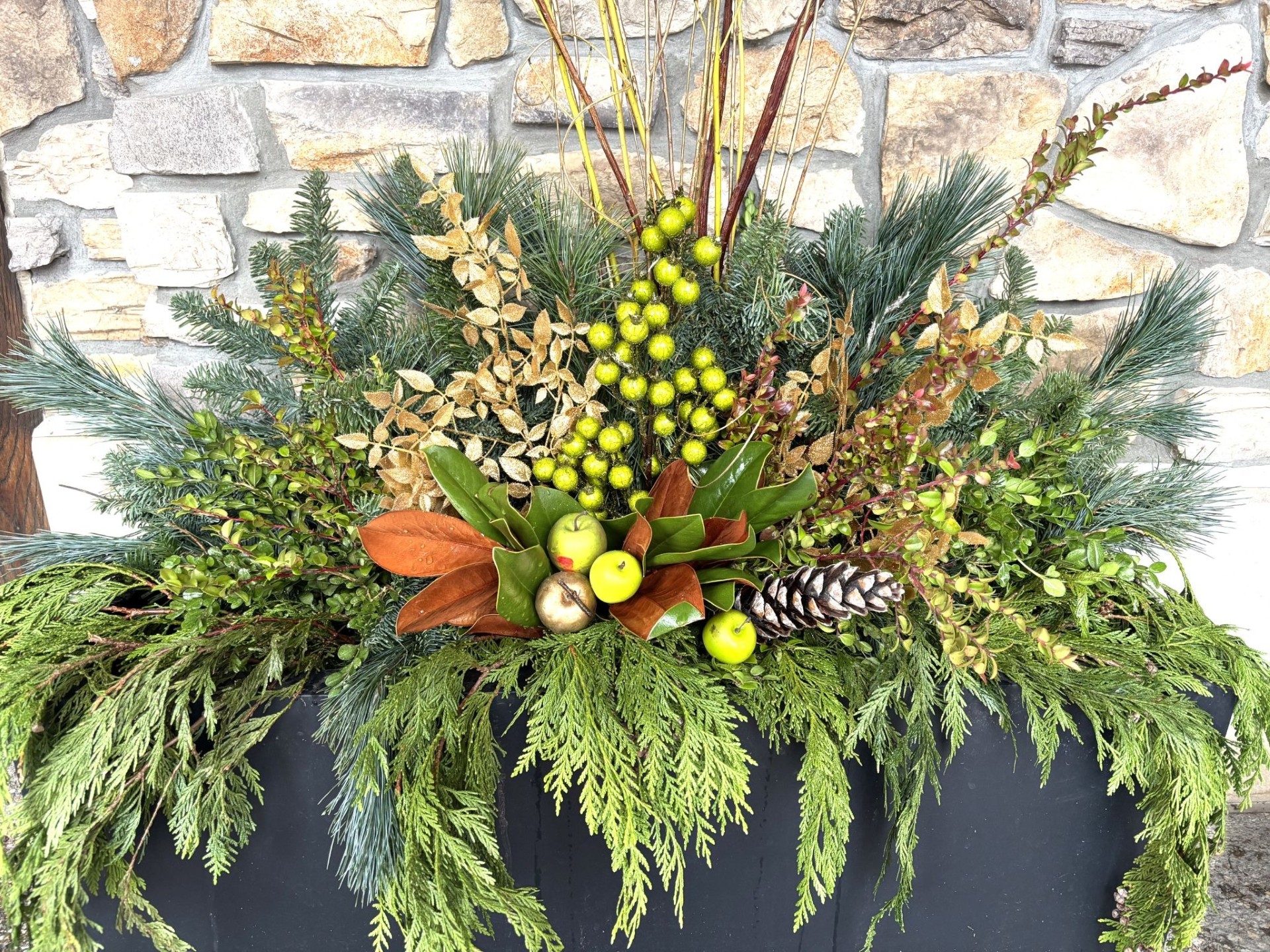
Creating winter planters can seem like a daunting task to those of us who are not design gifted by nature. Luckily, there are some basic principles that can help the most non-creative of us put together a spectacular outdoor display that ushers in the holidays and with just a few minor adjustments now and then […]
read the post

I absolutely love shopping for Christmas gifts for my family and close friends. There is nothing more satisfying to me than seeing someone’s eyes light up as they unwrap the “perfect gift.” I have to admit though, that my favorite people to buy for are those who share my passion for gardening because there are […]
read the post

We have new neighbors across the street. The house they bought was previously owned by an older gentleman who had spent years nurturing some of the most beautiful plant specimens I have ever seen. The hedges running alongside his property lines were especially delightful. Just before the frigid temperatures set in, I stood at my […]
read the post
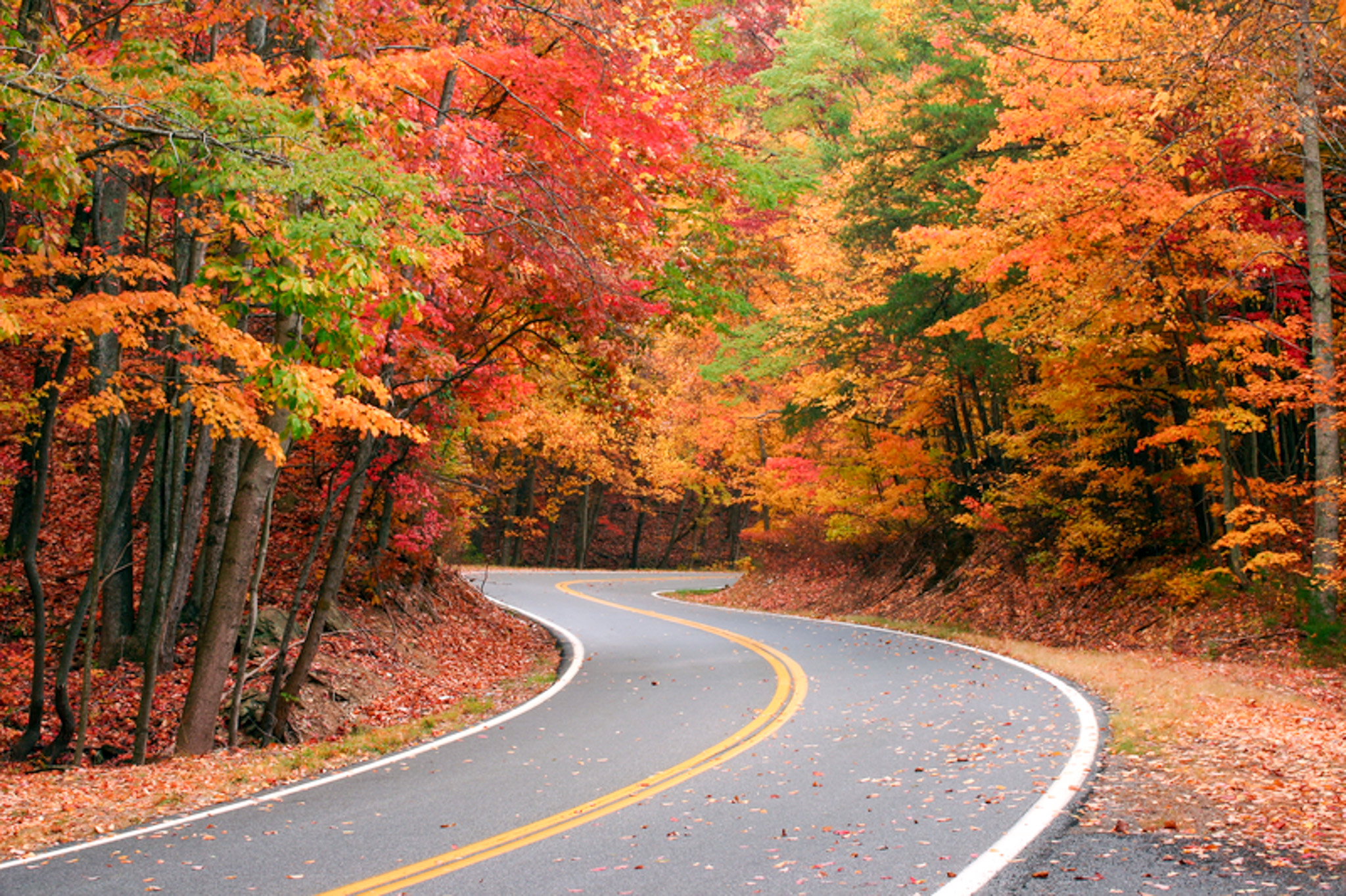
After what seemed like an endless summer, I think that fall has finally arrived. The temperatures are dropping, the mornings and evenings have a chill and the trees are sporting the gorgeous reds, oranges and golds of autumn. And, at least in my neighborhood, the leaf blowers are out in full force. Soon, there will […]
read the post
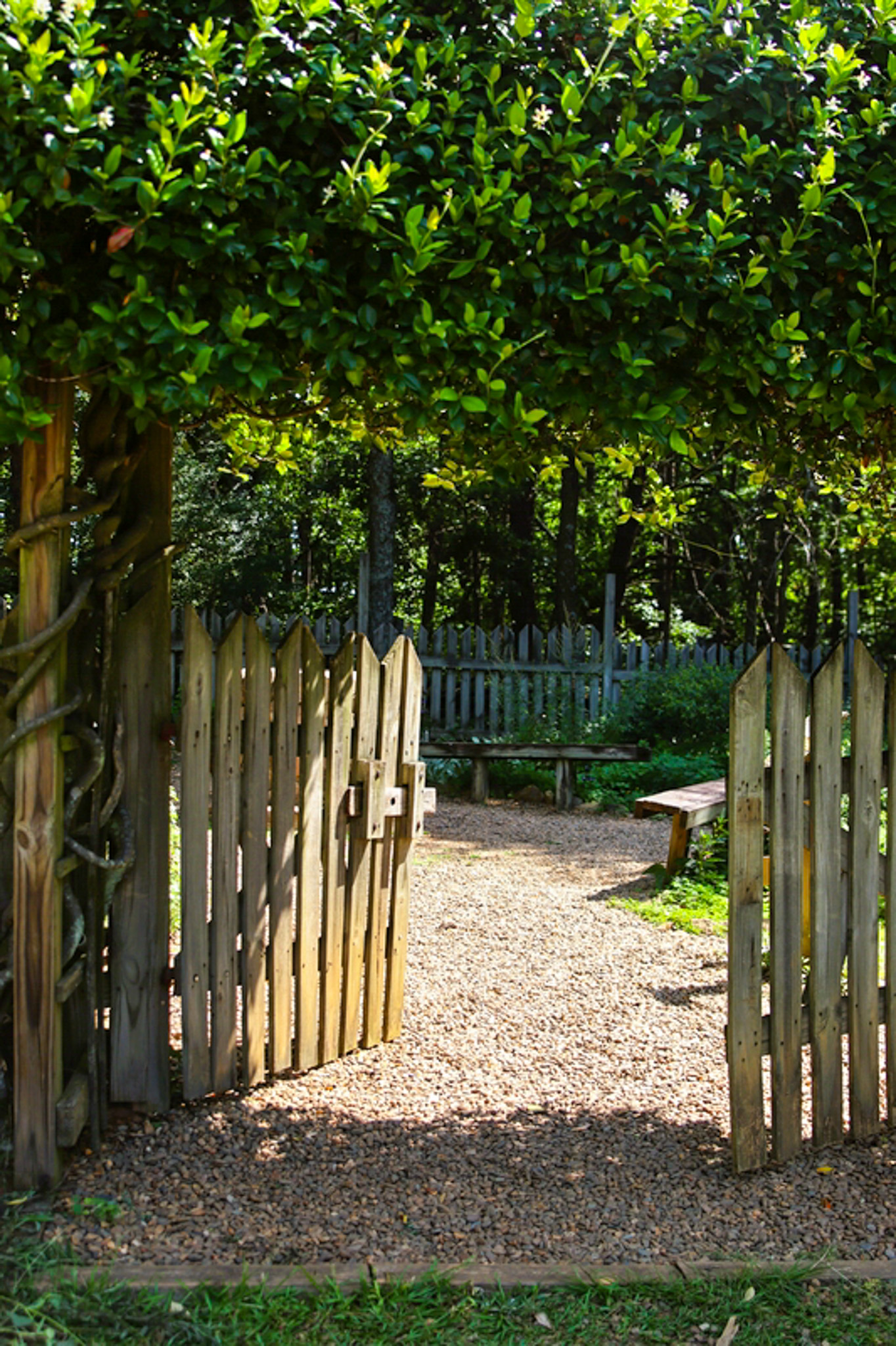
I was surveying our backyard the other evening, seriously considering making some fairly extensive changes to the existing design. One corner of the yard especially caught my attention. For the last eight years that corner of our backyard has been a play area for our grandkids. It’s a private space surrounded by a boxwood […]
read the post
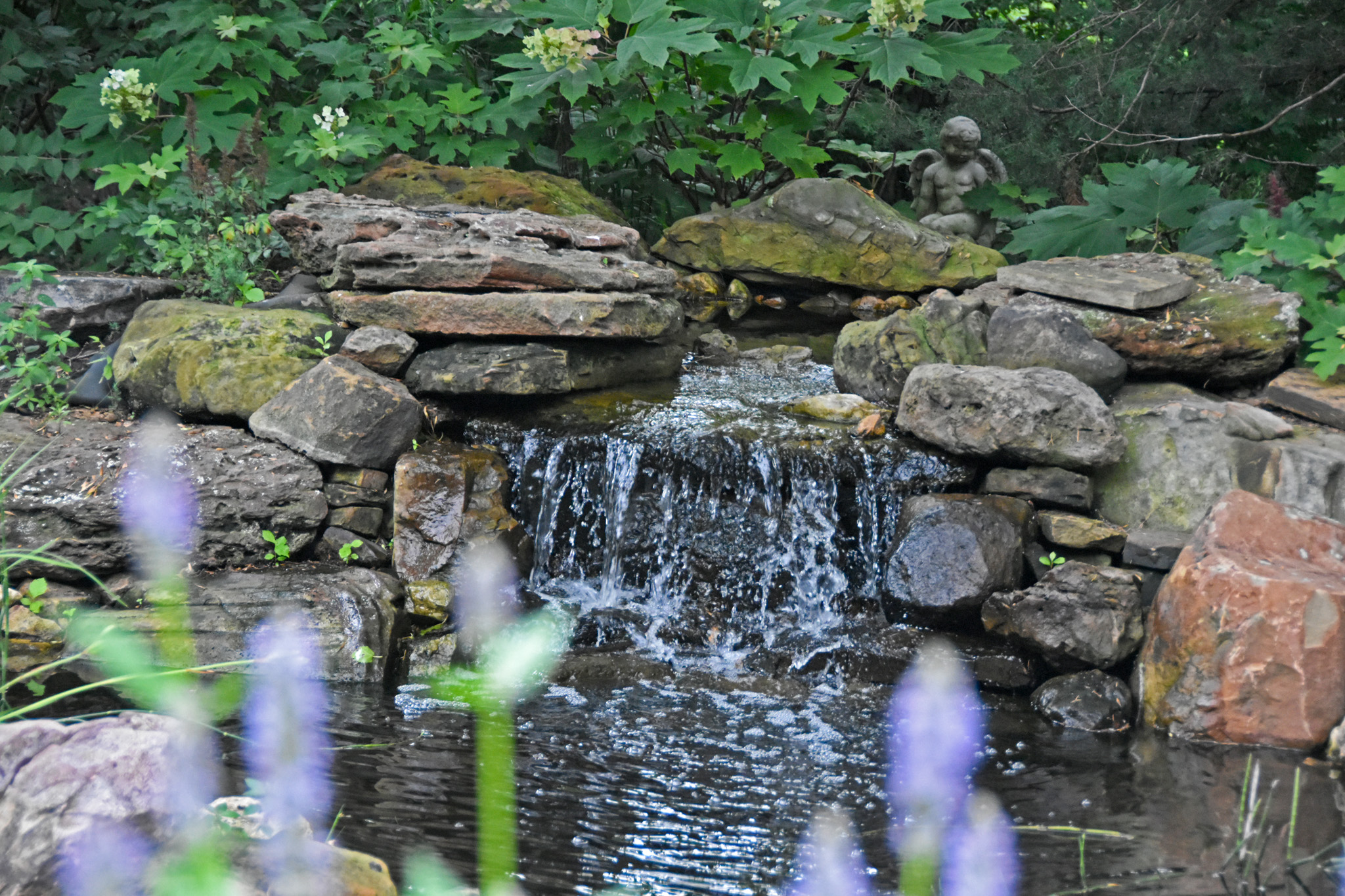
Over the past few years, there has been a wealth of information published about the benefits of spending even brief amounts of time in nature. Based on well-founded scientific studies, we now know that being in green spaces can lower blood pressure, reduce stress hormones and improve immune systems. Time in nature boosts creativity, sharpens […]
read the post

I was out working in the yard the other day when one of the neighbors from down the street stopped by to chat. The conversation quickly turned into some mild grousing by my neighbor about having to deal with “all these blasted trees and the mess they leave on the lawn.” Since our houses are built […]
read the post
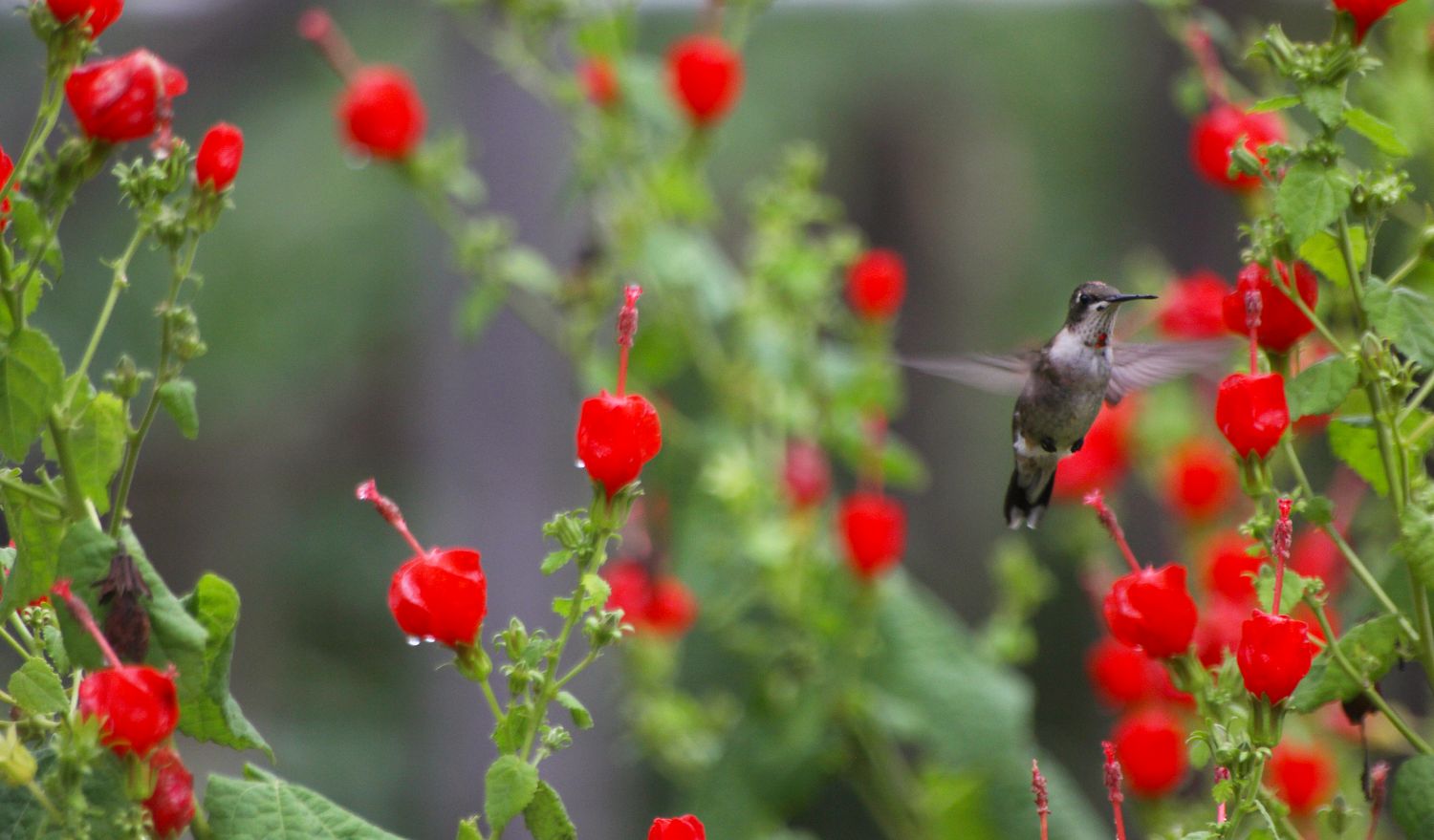
I witnessed a vicious assault today. My resident male hummingbird launched a full frontal attack on two females that are frequent visitors. Usually he simply asserts his dominance, then flies off and lets them eat. Today was different. Today he stood guard over the feeder, mercilessly chasing them until, utterly exhausted, they left. As heartless […]
read the post
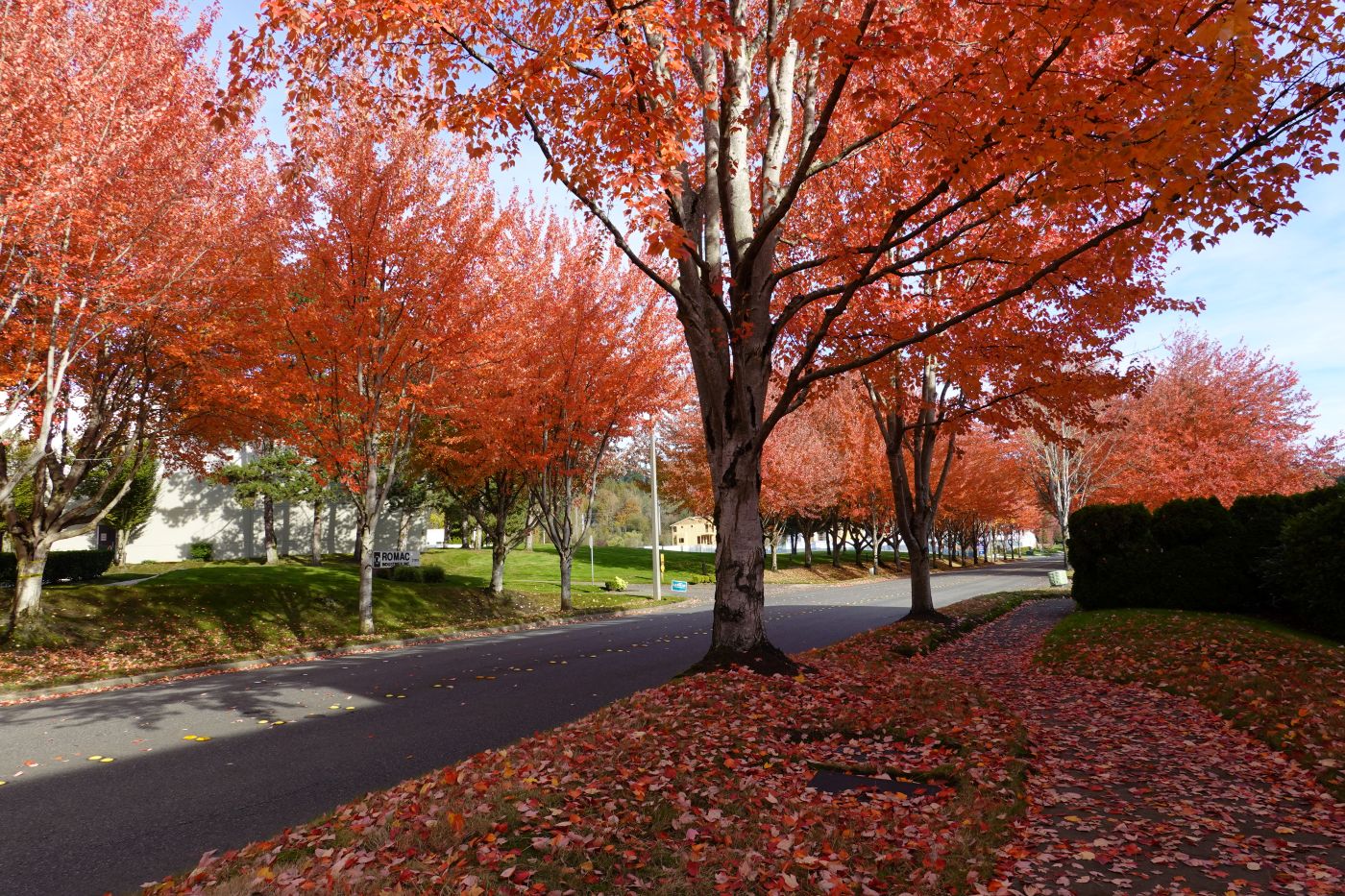
I have spent the last few weeks immersed in trees. I have read about them, talked about them, watched videos about them and even just stood and looked at them. After all that, I feel like I now know just how little I REALLY know about trees —- especially which ones are great residential options. […]
read the post
©2006-2025 EMBASSY LANDSCAPE GROUP, INC.